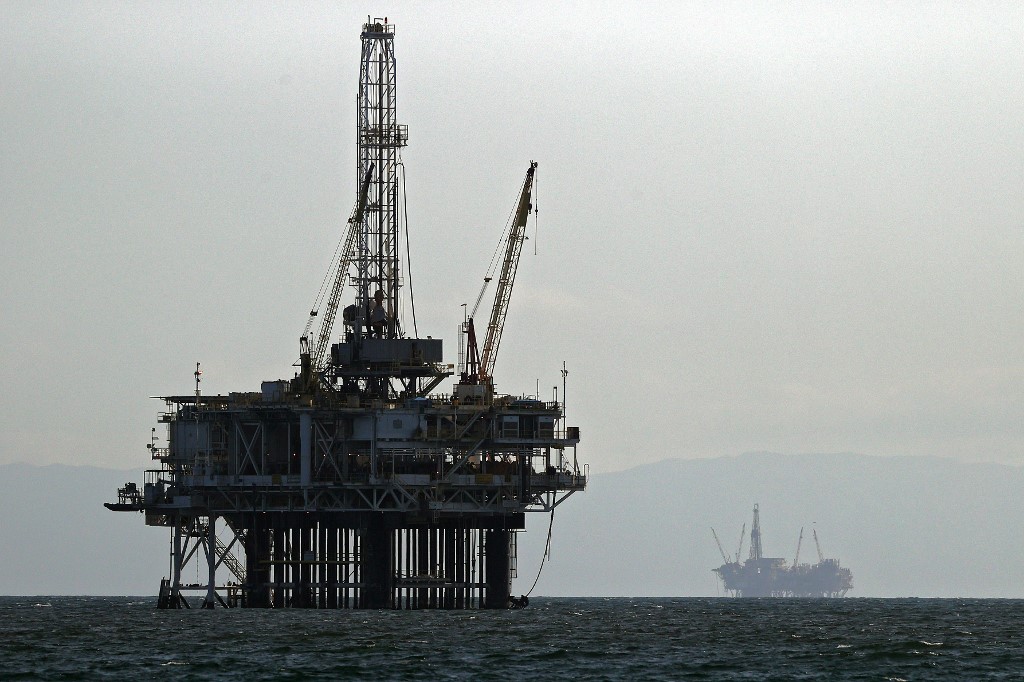(ATF) Financial markets were in retreat on Tuesday after an historic plunge in oil prices rattled investors, who are now gauging the extent of the huge drop in demand. Oil prices returned to positive territory but WTI was at just $1.60 per barrel despite its $39 rally and Brent edged up 2% to $26.25.
“The plunge in the May contract on Monday was attributed to increased oil production before the May 1 production cuts come into effect. Despite this, there is little room for complacency. Weak oil prices and China’s negative growth are reminders that the coronavirus has hurt demand,” DBS Bank analysts said in a note.
They added that the May WTI contracts were buffeted by storage concerns, since Brent prices stayed in positive territory, and were not necessarily reflecting a worse demand outlook.”
And with the global infections count now exceeding 2.47 million cases and a total of over 170,000 deaths, the economic devastation is forcing world leaders to take a conservative approach to reopening their economies. US infectious disease expert Dr Anthony Fauci said reopening the economy too quickly could ‘backfire’ even as US President urged state governors to normalize businesses.
Japan’s Nikkei 225 index is down 1.6%, while the Australian S&P ASX 200 is off 1.5% and the Hong Kong benchmark, the Hang Seng index, has fallen 2.31%.
China’s CSI 300 benchmark dropped 1.58% after reporting another set of weak economic numbers.
Ting Lu, Chief China Economist at Nomura, said the sharp contraction of fiscal revenue suggests a special mix of views: “(1) Expect a big fiscal stimulus package and a large actual fiscal deficit; (2) But actual fiscal spending growth may not be that high due to falling fiscal revenue; (3) More fiscal money will be used for financial relief.
“We expect only a moderate recovery in fiscal revenue growth in Q2 due to slumping external demand, the lagged impact of COVID-19 on enterprises, and further financial relief including waivers and delays in tax payments.”
Credit markets were softer with South Korean CDS an under-performer as reports questioning the whereabouts of North Korean leader Kim Jong Un kept investors on the edge – CNN reported that the US was monitoring intelligence that Kim is in grave danger after surgery.
The South Korean 5-year CDS was 4 bps wider at 34/37 bps. And the Asian IG series 33 index was 5 wider at 119/122 bps.
























